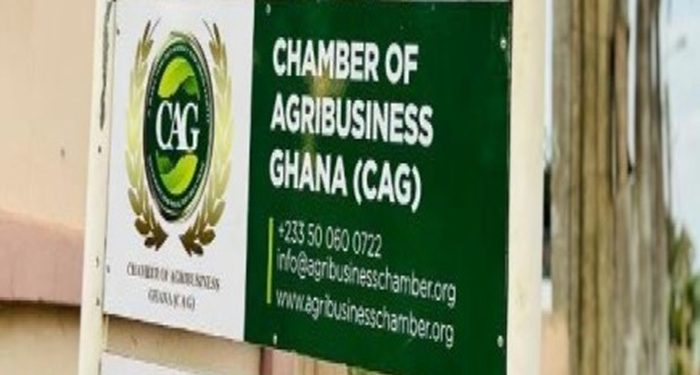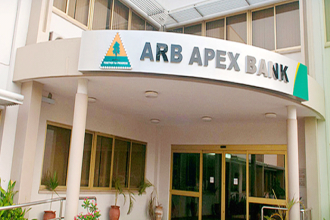The International Monetary Fund Resident Representative to Ghana, Dr. Leandro Medina, has commended the Bank of Ghana for tightening the monetary policy stance and eliminating monetary financing of the budget.
According to him the government and the IMF team agreed that avoiding monetary financing of the budget should be a priority.
“In fact, the authorities, under the IMF-supported programme, have decided to eliminate such financing; and they intend to strengthen the BoG Act to tighten the conditions under which such financing is allowed. That said, looking at 2022, we need to remember that the economy faced unprecedented challenges”, he told an Accra-based newspaper.
“The large budget deficit could not be financed anymore as the government had lost access to both international and domestic capital markets. Under these circumstances, the choice was between BoG providing crucial financing to enable the government to meet its obligations or a very disruptive and possibly much more abrupt crisis”, he explained.
Regarding the effects of the Domestic Debt Restructuring on the BoG’s balance sheet, Dr. Medina said the restructuring of the country’s debt is a key element of the government’s plan to restore macroeconomic stability and public debt sustainability.
“And BoG participated in the restructuring to share some of the burden the domestic debt exchange places on government debt holders, along with banks, other financial institutions, pension funds and individuals. Indeed, this contributed to reducing its net equity to a negative value, but crucially, we conducted analysis that indicated that this situation does not hinder the BoG from effectively executing its policy mandates, including the vital task of guiding inflation back to its 8-percent target in a gradual manner”.
Fundamentally, he concluded that the BoG’s net equity is expected to improve over time, ultimately resulting in a return to positive territory.
















